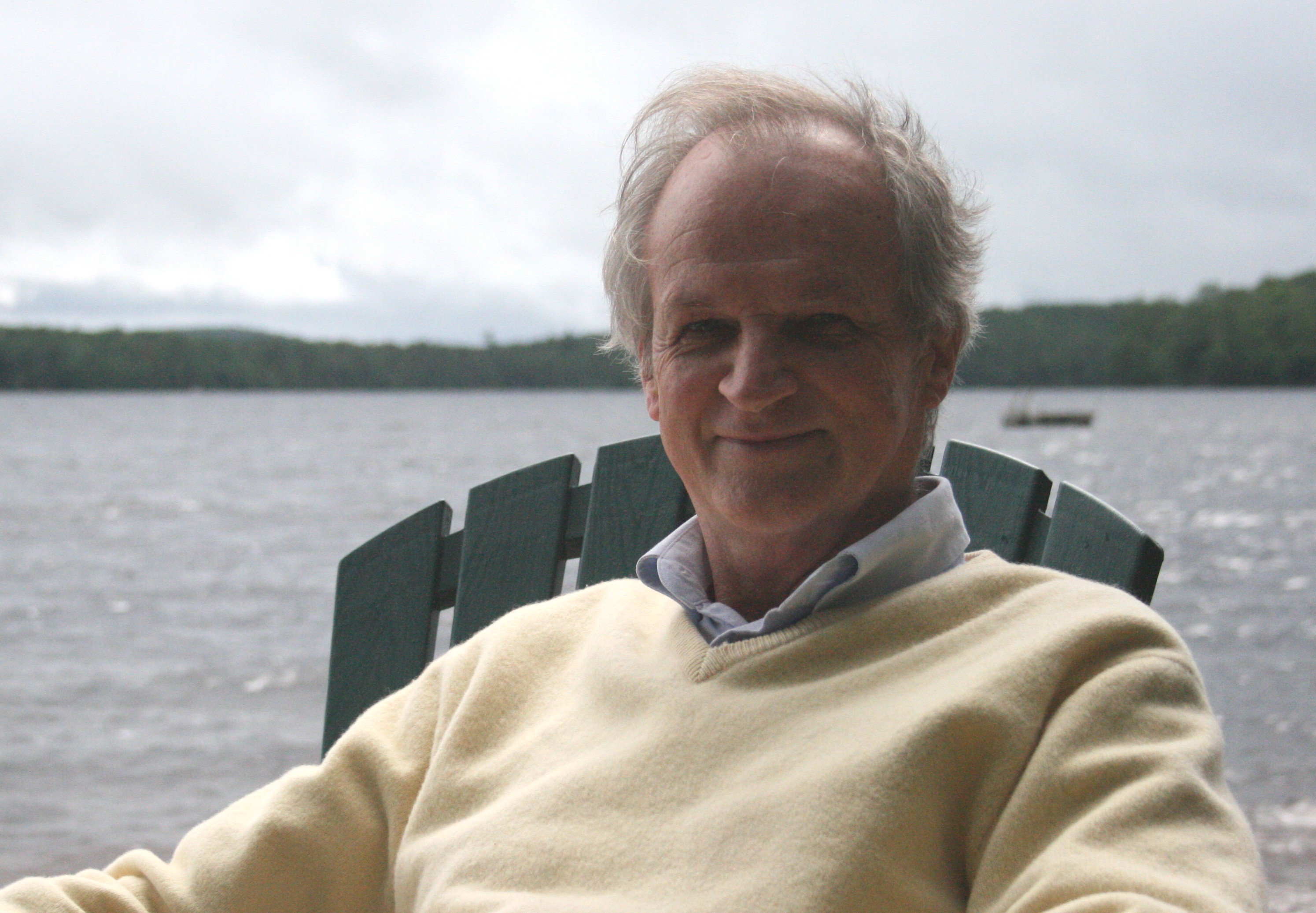
It's important to have a global understanding of water issues, but in the end solutions will come locally, said the newly arrived director of the Robert B. Daugherty Water for Food Institute.
Roberto Lenton, who assumed his job at the new institute earlier this month, spoke Monday as part of the Heuermann Lectures in the University of Nebraska-Lincoln's Institute of Agriculture and Natural Resources.
The title of Lenton's talk, "Water for Food: Think Globally, Act Locally," is a key theme for the University of Nebraska's Water for Food Institute. Lenton said he expects the institute to play a key role in solving the challenges facing a world that will need to feed a population expected to grow from about 7 billion to 9 billion by 2050 on finite resources such as land and water.
Already, Lenton noted, agriculture worldwide consumes 70 percent of available water. In some parts of the world, a trend of decreasing precipitation is having an impact even as the world becomes more urbanized, meaning "thirsty cities" will compete with agriculture for water.
Lenton noted that water availability and uses depend on local conditions, and technological and policy options also are locally driven. So, one-size-fits-all solutions to getting "more crop per drop" are not realistic.
"It's very important to have a global understanding, but in the end these solutions are inherently context-specific and must be locally determined," he said.
Lenton said the Water for Food Institute is well situated at a land-grant university in Nebraska to be a key player in the research, policy and technology challenges to come. The state is home to the largest aquifer in North America, with decades of data on which to draw; major river systems; diverse climates and soil types; a reputation for successful management of water resources; and a keen interest in the issue.
As an example, Lenton pointed to the turnout of 600 to 700 people last week for an E.N. Thompson Forum lecture at UNL on the global water crisis. "You couldn't get 600 to 700 people in New York or Washington to talk about water," he said.
"If you're going to have a water institute, you'd better have it in a place where water is vital and where there is local experience you can draw on," said Lenton, an internationally recognized expert in water management and development who most recently served as chairman of the independent World Bank Inspection Panel.
The University of Nebraska is such a place, with more than 120 faculty, on all four NU campuses, involved in all aspects of water. And UNL's land-grant tradition will be key, Lenton added.
"There should be a focus on innovation and connecting the research with practice and policy," Lenton said, predicting, "the greatest revolution in technology might actually come at this stage in information technology, not irrigation technology."
"We have a huge task ahead of us," Lenton concluded.
The Water for Food Institute was established in April 2010 with a $50 million founding gift commitment from the Robert B. Daugherty Charitable Foundation to the University of Nebraska. The institute already is forging key public and private partnerships in the Netherlands, Brazil, India, China and the United States, Lenton said. Just last week NU and the U.S. Agency for International Development agreed to collaborate on expanding research and development capacities related to water management in the Middle East and North Africa, work that will be conducted through the Water for Food Institute.
Lenton also is former chairman of the Water Supply and Sanitation Collaborative Council and of the Technical Committee of the Global Water Partnership; lead author on the final report of the United Nations Millennium Project Task Force on Water and Sanitation, which he co-chaired; director of the Sustainable Energy and Environment Division of the United Nations Development Programme in New York; and director general of the International Water Management Institute in Sri Lanka.
The Heuermann (pronounced Hugh-er-man) lecture series at IANR is made possible through a gift from B. Keith and Norma Heuermann of Phillips, Neb. The Heuermanns are long-time university supporters with a strong commitment to Nebraska's production agriculture, natural resources, rural areas and people.
The final lecture of 2011-12 will feature Jay Keasling, professor of chemical and biomolecular engineering and bioengineering at the University of California, Berkeley. Keasling, a UNL graduate, will speak May 8.
The first lecture of 2012-13, Sept. 28, will feature a panel of four former U.S. secretaries of agriculture – Clayton Yeutter, Mike Johanns, Dan Glickman and Ann Veneman – discussing the future of the land-grant university tradition, part of a celebration of the 150th anniversary of the establishment of land grants.
-- Daniel R. Moser
More details at: heuermannlectures.unl.edu